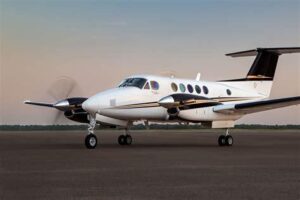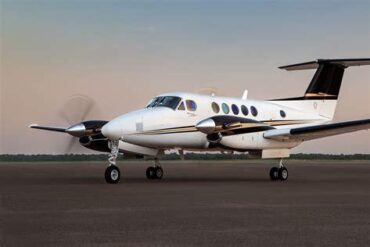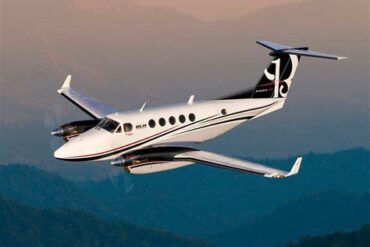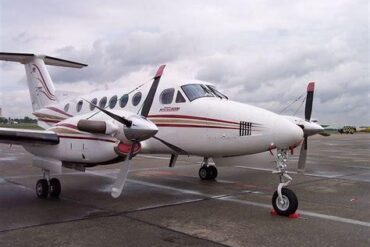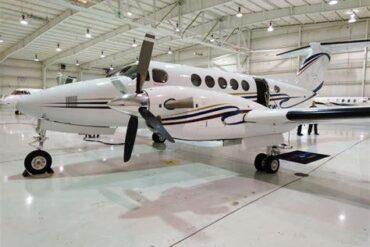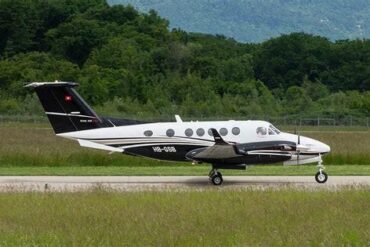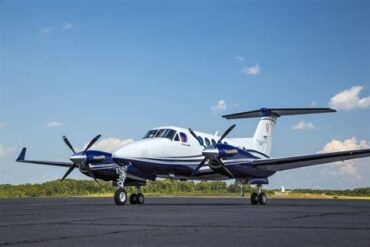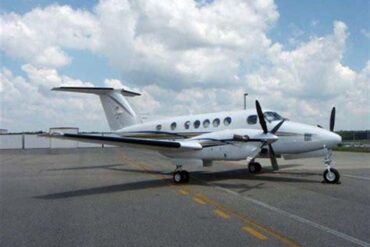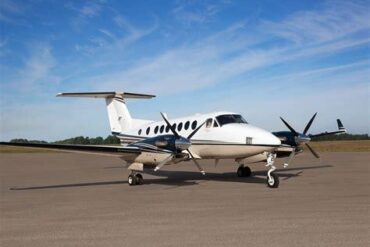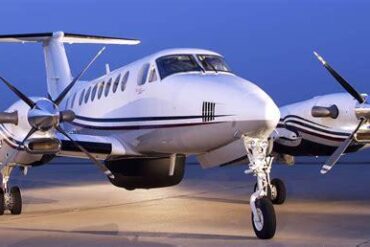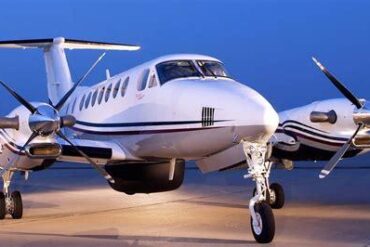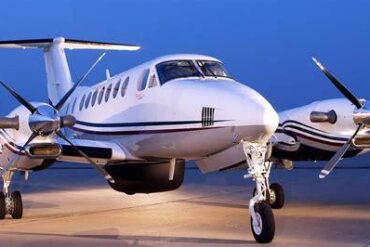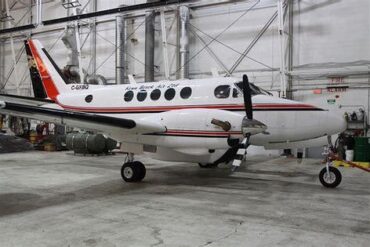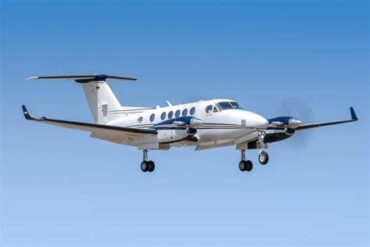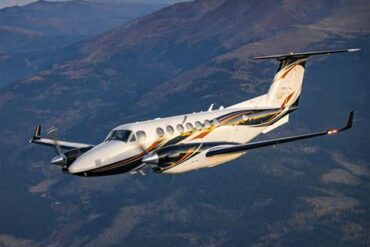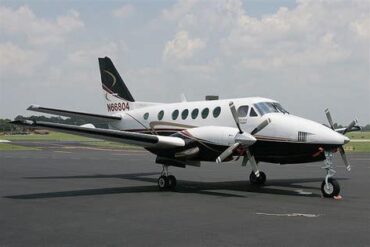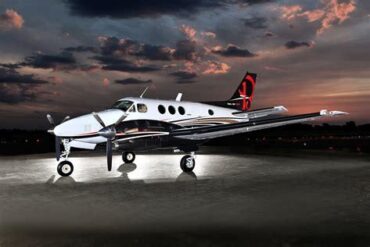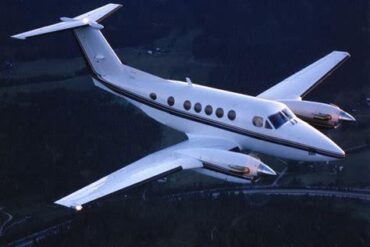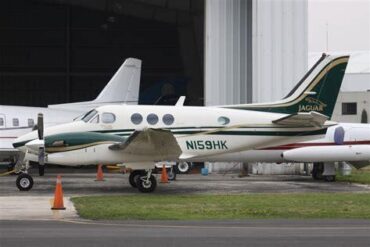The Beechcraft King Air B200 is a versatile twin-turboprop aircraft that has garnered a reputation for its reliability and performance. As one of the most popular models in the King Air lineup, understanding the price and operating costs associated with the B200 is crucial for potential buyers and operators. In this comprehensive guide, we will delve into the various aspects of owning and operating a Beechcraft King Air B200, including acquisition costs, maintenance expenses, fuel efficiency, and more.
Overview of the Beechcraft King Air B200
The King Air B200, introduced in the late 1970s, is known for its impressive payload capacity, spacious cabin, and ability to operate from shorter runways. This aircraft is powered by two Pratt & Whitney PT6A-42 engines, providing it with a maximum cruise speed of approximately 300 knots (about 345 mph) and a range of around 1,800 nautical miles. Its reputation for reliability and versatility makes it suitable for various missions, including corporate travel, air ambulance services, and cargo transport.
Acquisition Costs of the Beechcraft King Air B200
When considering the purchase of a Beechcraft King Air B200, potential buyers should be aware of several factors that influence the acquisition cost. The price of a used B200 typically ranges from $1.5 million to $3 million, depending on factors such as age, condition, equipment, and modifications.
New vs. Used Pricing
-
New Models: New Beechcraft King Air B200 aircraft can cost upwards of $4.5 million. However, due to the specialized nature of this aircraft, new units are often customized to meet specific operational requirements, which can significantly increase the final price.
-
Used Models: The pre-owned market offers a wider variety of options, with prices generally reflecting the aircraft’s age, total flight hours, and maintenance history. Buyers should conduct thorough inspections and consider obtaining a pre-purchase evaluation to assess the aircraft’s condition.
Financing Options
Many buyers opt for financing their purchase. Various financing options are available, including traditional bank loans, lease agreements, and specialized aviation lenders. Interest rates can vary based on creditworthiness and the lender’s terms. Understanding these options can help buyers make informed financial decisions.
Operating Costs of the Beechcraft King Air B200
Owning an aircraft involves ongoing operating costs that can significantly impact overall expenses. Below, we detail the key components of operating costs for the King Air B200, allowing potential owners to gauge the financial commitment involved.
Fuel Costs
Fuel is one of the most significant ongoing expenses for aircraft operators. The King Air B200 has a fuel burn rate of approximately 50-60 gallons per hour, depending on flight conditions and weight. With an average fuel price of around $5.00 per gallon, operators can expect fuel costs to range from $250 to $300 per hour of flight time. This figure can fluctuate based on regional fuel prices and operational efficiency.
Maintenance Expenses
Routine maintenance is essential to ensure the safety and longevity of any aircraft. The King Air B200 requires regular inspections and adherence to FAA regulations. Typical maintenance costs can be broken down as follows:
-
Annual Inspection: An annual inspection for the B200 can cost between $10,000 and $20,000. This includes labor, parts, and any necessary repairs.
-
Scheduled Maintenance: Routine scheduled maintenance, such as 100-hour inspections, can add additional costs of around $5,000 to $15,000 each time, depending on the scope of work needed.
-
Engine Overhaul: The PT6A engines typically require an overhaul every 3,600 hours or so, which can cost upwards of $300,000 per engine. Budgeting for engine maintenance and overhauls is crucial for long-term ownership.
Crew Salaries
For commercial operators, crew salaries are another significant expense. The King Air B200 typically requires at least one qualified pilot, with salary costs varying based on experience and location. On average, pilot salaries can range from $60,000 to $120,000 annually, depending on the operator’s needs.
Insurance Costs
Aircraft insurance is a necessary expense that varies based on factors such as the aircraft’s value, the pilot’s experience, and the intended use of the aircraft. For the King Air B200, insurance premiums typically range from $15,000 to $25,000 annually. It is advisable to shop around and compare quotes from different insurance providers to find the best coverage at a competitive rate.
Hangar and Parking Fees
Storing the King Air B200 at an airport hangar incurs additional costs. Hangar fees can vary widely based on location, but operators can expect to pay anywhere from $500 to $2,000 per month for hangar space. Additionally, transient parking fees may apply when the aircraft is not stored at its home base.
Total Operating Costs
When factoring in all of the above expenses, the estimated total operating costs for the Beechcraft King Air B200 typically range from $800 to $1,200 per hour of flight time. This includes fuel, maintenance, crew salaries, insurance, and other operational expenses. Operators should conduct a detailed analysis to tailor their budget according to their specific usage patterns and operational needs.
Resale Value and Depreciation
Understanding the resale value of the King Air B200 is vital for potential buyers considering long-term ownership. Aircraft depreciation can vary based on market demand, maintenance history, and overall condition. Generally, turboprop aircraft like the King Air B200 depreciate at a slower rate compared to jets, making them a solid investment for many operators.
Market Trends
The resale market for the Beechcraft King Air B200 remains relatively strong due to its popularity and reputation. Owners can expect to retain a significant portion of their investment, especially if the aircraft is well-maintained and equipped with modern avionics and technology upgrades. It is important to stay informed about market trends and price fluctuations to make educated decisions regarding resale.
Conclusion
In summary, the Beechcraft King Air B200 is a remarkable aircraft that offers a blend of performance, reliability, and versatility. While the acquisition costs can vary significantly based on age and condition, the ongoing operating costs remain a critical consideration for potential owners. By understanding the various components of ownership, including fuel, maintenance, crew salaries, and insurance, operators can make informed decisions that align with their operational goals and financial expectations. Whether utilized for corporate travel or other missions, the King Air B200 stands out as a valuable asset in the world of aviation.
